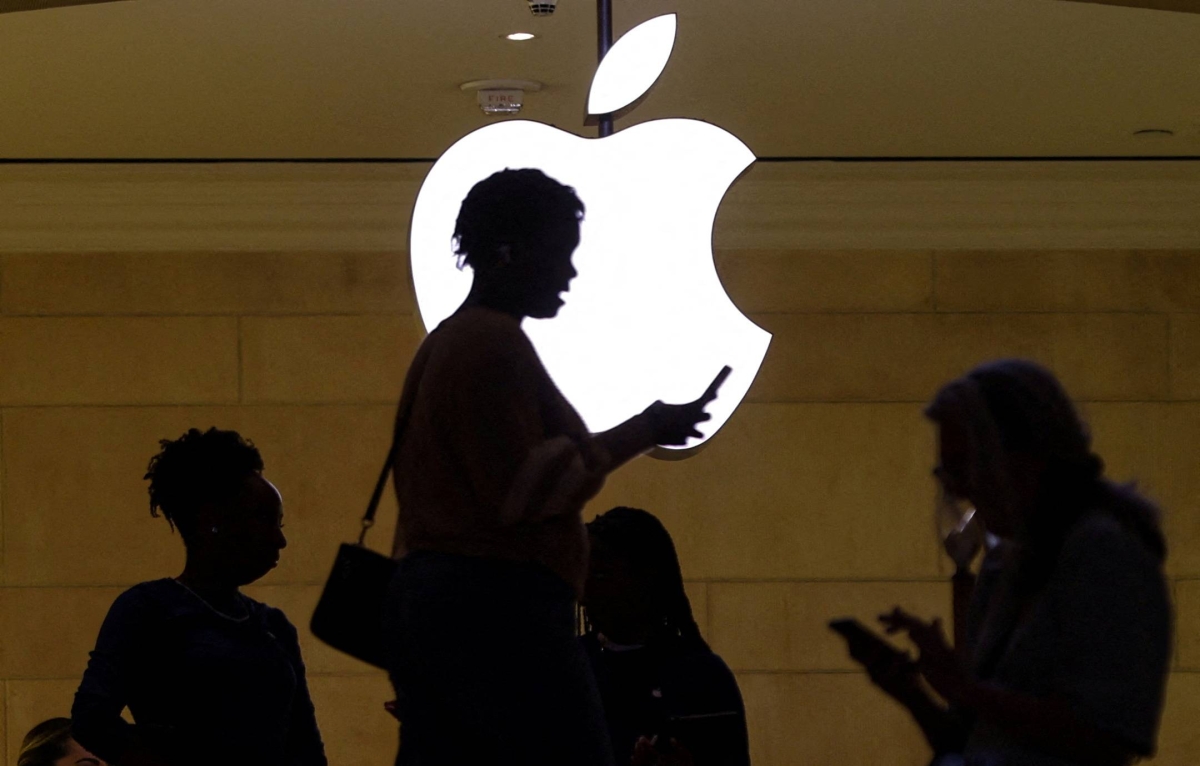The success of “F1: The Movie” has been nothing short of phenomenal, drawing in audiences with its adrenaline-pumping action sequences and gripping storyline. The film’s strong performance at the box office has not only solidified Apple’s position as a major player in the entertainment industry but has also piqued the company’s interest in exploring new avenues within the realm of sports broadcasting.
As discussions swirl around Apple’s potential acquisition of the U.S. Formula 1 broadcast rights, industry experts are weighing in on the implications of such a deal.
According to analysts, Apple’s entry into the world of Formula 1 broadcasting could bring a fresh perspective and innovative approach to how races are presented and consumed by audiences.
With its track record of disrupting traditional markets and redefining user experiences, Apple’s involvement could herald a new era of excitement and engagement for Formula 1 fans across the U.S.
The prospect of Apple taking the reins of Formula 1 broadcasting rights also raises questions about the future of sports media and streaming platforms. As viewers increasingly turn to digital channels for their entertainment needs, traditional broadcasters are facing mounting pressure to adapt and innovate.
Apple’s potential entry into the Formula 1 arena could serve as a catalyst for further changes in how sports content is delivered and consumed in the digital age.
Moreover, the tech giant’s deep pockets and vast resources could potentially inject a new wave of investment into the Formula 1 ecosystem, leading to enhanced production values, innovative storytelling techniques, and a more immersive viewing experience for fans.
Experts predict that Apple’s involvement could drive up competition in the sports broadcasting industry, forcing existing players to up their game and deliver more compelling content to audiences.
As negotiations between Apple and Formula 1 stakeholders continue, the broader implications of this potential partnership are beginning to come into focus. Beyond just broadcasting rights, the collaboration could pave the way for cross-platform synergies, interactive viewing experiences, and enhanced fan engagement initiatives that blur the lines between entertainment and sports.
In conclusion, Apple’s interest in securing the U.S. Formula 1 broadcast rights represents a significant development in the ever-evolving landscape of sports media and entertainment. The convergence of tech innovation and sports spectacle holds the promise of transforming how audiences experience and interact with their favorite racing events. As the negotiations unfold and the industry braces for potential disruption, one thing is certain – the future of Formula 1 broadcasting is poised for a thrilling and transformative ride with Apple at the wheel.









Leave feedback about this